Graduating students in the Class of 2022, who were not able to take 10th Grade ELA MCAS due to the pandemic, now have the opportunity to earn the Massachusetts State Seal of Biliteracy. Legislation passed in December allows 2022 graduates who earn the modified competency determination in ELA to also satisfy the English language criteria for the award. Read more!
Category Archives: Advocacy
Support J-1 and H1-B Visas for High Need Teachers
Sign on to this letter to support language teachers!
We the Language Opportunity Coalition and Portuguese Educator Pipeline and Resources Group share urgent concerns about the Executive Order and suspension of J-1 and H1-B visas for high need teachers in our K-12 and Higher Education world language and bilingual programs.
We believe without an exemption for these educators who hold deep linguistic knowledge and skill in time of a teacher shortage, that this Executive Order will negatively impact our most vulnerable students, furthering inequities, and potentially non-compliance with Massachusetts General Law Part 1 Title XII, Chapter 71A.
We ask you to join us in signing your support, no later than Friday July 20, 2020 at 12 Noon at the link here. Individuals or organizations may sign on.
Please disseminate widely!
MATSOL Statement on Racial Justice
As an organization of educators, we at MATSOL want to express our sadness and anger at the recent senseless killings of Ahmaud Arbery, Breonna Taylor, and George Floyd, as well as the longstanding racial injustices that persist in our country. It is our mission to promote equity and excellence for multilingual learners and educators and it is our belief that this includes challenging systematic racism, language discrimination, and cultural biases in our schools, communities, and professions.
We encourage all our members to join us in speaking out and taking a stand when we see members of our schools and communities being impacted by racism and discrimination. We all have an important role in shaping the field of TESOL and English language teaching to be rooted in social justice pedagogies to ensure that our classrooms allow all students to thrive regardless of their race, ethnicity, and primary language.
MATSOL is an organization focused on supporting multilingual students and families across the commonwealth. We have many Black students and educators in our community. MATSOL cannot be silent as we bear witness to persistent racial injustice. We stand with our students and members who are grieving, angry, and afraid, and call for change.
The MATSOL Board of Directors is committed to developing an action plan with specific steps MATSOL can take to make change, in direct collaboration with our members. We will a) send out a member survey in the week of June 22 and b) hold a Zoom meeting on June 29 at 4:00 PM with the objective of gathering thoughts from the larger MATSOL community on what we can do to maximize our impact.
We invite our members to join us at the meeting and/or participate in the survey so that you can share your ideas, opinions, and needs. Members should look for an email from MATSOL with links to participate.
Signed,
MATSOL Board of Directors
Melissa Latham Keh, President
Priya Tahiliani, Vice President
Mary Hughes, Treasurer
Mary Clark, Clerk
Juanita Brunelle, Past President
Ece Gurler
Moira Greenson
Jody Klein
Theresa Laquerre
Christine Leider
Stephanie Marcotte
Molly Ross
Yuiko Shimazu
Staff
Helen Solorzano, Executive Director
Victoria Ekk
Jason Fei
Emily Graham
Teresa Kochis
Issues of Equity and Access in the (Distance) Education of Multilingual Learners

By Christine Montecillo Leider, Johanna Tigert, and Michaela Colombo
As the COVID-19 pandemic shuttered public schools this spring, educators mounted a Herculean effort to move instruction and assessment online. Reflecting back on the spring of remote learning – and anticipating its continuation in the fall – as educators we need to ask ourselves: How can we prioritize the needs of multilingual learners during remote instruction? While the pandemic changed the schooling experience for all students, the onset of distance learning exacerbated existing inequities in education and ignited long overdue conversations about historically marginalized students in public schools. As teacher educators working with multilingual students, we worry that these and other inequities have hit this student population especially hard.
Multilingual learners, in general, are among the most vulnerable of our students. As such, health, safety, and well-being should always be at the forefront – and many schools and school systems responded to these needs. Assuming basic needs are met to the best of their ability, schools can turn their efforts to curriculum and instruction, which also present challenges. Multilingual learners and families can face communication barriers due to language as well as access issues related to the digital divide. For the nearly 5 million classified English Learners (ELs) in U.S. public schools, however, distance education is not just about having access to technology or translation services, it’s about access to language and content.
Specifically in Massachusetts, multilingual students who are ELs are entitled to receive both English instruction delivered by an English as a Second Language (ESL) teacher, and content instruction delivered by Sheltered English Immersion (SEI) endorsed teachers. Both forms of instruction are crucial as they provide support for developing academic English and access to the general curriculum. However, conversations about remote learning have largely ignored these issues and instead, focused on students’ access to technology. As a response, the education world churned out myriad resource lists and instructional suggestions for teaching online. These resources are useful, but their narrow focus on instructional technology has masked the ever-present issues of educational parity for multilingual learners, especially those who are classified as ELs. Those of us who work with this population of students know that even in the best of times content teachers lack training to work with ELs, there are simply not enough ESL teachers to bridge the gap, and instructional technologies most often used with these students are not designed with them in mind.
We’ve seen these same inequities play out during the pandemic: few of the resources published over the spring address multilingual learners’ needs specifically, and guidance for teachers has come too little, too late. It took until May 18th for a guidance document on serving ELs to be added to the US Department of Education resource page for remote/distance learning. Until then, the only guidance at the federal level appeared in the March 16th DoE fact sheet on protecting students’ civil rights, which mainly discussed services for students with disabilities. (News flash: like special education, specialized instruction for ELs is a civil right mandated by federal law). Unfortunately, this does not come as a surprise: too often, we have seen EL education treated as an “add-on” in the physical school building and it has also appeared to be merely an afterthought in the world of remote instruction.
Multilingual students need instruction that addresses both content learning and English language development. The bigger problem here is that most teachers were not prepared to do this even before the pandemic. Strategies such as differentiation, scaffolding, and sheltering are effective when enacted by well-trained teachers – even in an online environment. As schools and districts begin to make decisions on instructional delivery for the fall, let’s focus on improving teachers’ readiness to meet the needs of multilingual learners in any environment. Teacher preparedness is the key to offering multilingual students opportunities to participate meaningfully and equally in educational programs as their civil rights demand.
Christine Montecillo Leider is Clinical Assistant Professor of Language Education and Program Director of Bilingual Education and TESOL-Licensure at the Wheelock College of Education and Human Development at Boston University.
Johanna Tigert is an Assistant Professor of Education at the College of Education at UMass Lowell.
Michaela Colombo is Professor Emeritus in the College of Education at UMass Lowell.
Drs. Leider, Tigert, and Colombo co-lead the MATSOL Teacher Educators SIG.
English/Multilingual Learners with Disabilities: Teaching and Learning Remotely
Online Open House
Thursday, May 7, 3:00 p.m to 4:00 p.m.
Co-presenters: Dr. Jenny Jacobs, Boston Public Schools and Joni Magee, Lasell University
Please join the Coalition for Equity, Diversity, and Disability (CEDD) for an open house meeting to discuss teaching and learning remotely with students who are linguistically and culturally diverse students with disabilities. The Coalition for Equity, Diversity, and Disability (CEDD) promotes interdisciplinary collaboration to address the needs of linguistically and culturally diverse students with disabilities and their families.
During this open house, a diverse community of practitioners will meet to discuss:
- Practices that are working well in remote teaching with this student population
- Challenges that present as we teach remotely with this student population
- Resources for teaching remotely with linguistically and culturally diverse students with disabilities and their families
- Opportunities to share experiences from the field and higher education
Please register here for this open house. After registering, you will receive a confirmation email containing information about joining the meeting in Zoom.
Co-sponsored by MATSOL, MABE & Lasell University
LOOKing Forward to a New Era
| In 2019, it’s a whole new world for teachers of English Learners in Massachusetts.
What new opportunities has the LOOK Act opened up for educators? What can we do now to help our ELL students as a result of the new law? To find out, register for the MATSOL 2019 Conference. Our theme is “LOOKing Forward to a New Era.” We will hear from keynote speakers, and attend workshops and poster sessions, designed to make sure we are all ready to do the most we can for our students under the new law. Register now so that we can enter this new world together. Helen Solórzano P.S. If you have already submitted your registration, we look forward to seeing you in May! |
MATSOL Comment on Proposed Public Charge Rule Changes
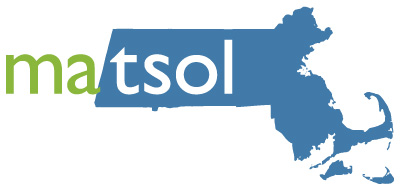 MATSOL recently submitted comments regarding the public charge rule changes being proposed by the U.S. Department of Homeland Security. MATSOL’s comments focused on the negative effects of the proposed change on immigrant students and their families. View MATSOL’s comments
MATSOL recently submitted comments regarding the public charge rule changes being proposed by the U.S. Department of Homeland Security. MATSOL’s comments focused on the negative effects of the proposed change on immigrant students and their families. View MATSOL’s comments
TESOL International Association also submitted comments that highlighted a number of concerns with the proposal’s plan to use English language proficiency to determine if immigrant applicants are likely to ever utilize certain public benefits, which would cause their requests for green cards or visa changes to be denied. View TESOL’s comments
Resources for National Hispanic Heritage Month
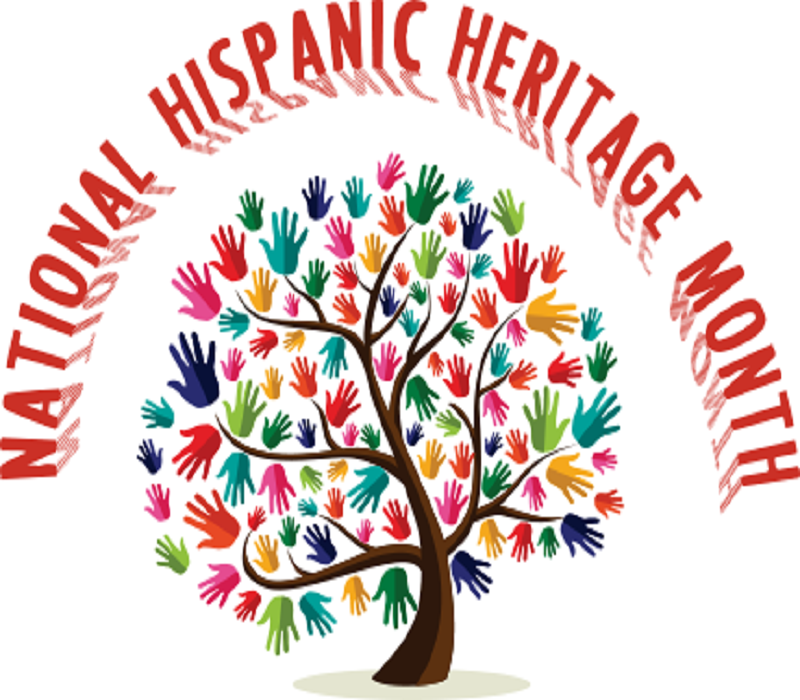
National Hispanic Heritage Month takes place from September 14th through October 15th. Here are some selected teaching resource links for your perusal:
- PBS Learning: Diversity in Latino Culture
https://www.pbslearningmedia.org/resource/ilwgby18-soc-ildiversity/diversity-in-latino-cultur - National Heritage Month Website
https://hispanicheritagemonth.gov/for-teachers/ - Resources from NEA
http://www.nea.org/tools/lessons/hispanic-heritage-month.html
- National Writing Project Resources
https://www.nwp.org/cs/public/print/resource/3252
- Smithsonian Learning Lab: Understanding the American Experience
https://learninglab.si.edu/collections/hispanic-heritage-month-understanding-the-american-experience/RAHk9dUFayuNA7p6#r
- Hispanic Heritage Month: Official Site
https://www.hispanicheritagemonth.org/
- Colorin-Colorado: Resources for Hispanic Heritage Month
http://www.colorincolorado.org/books-authors/literacy-calendar/hispanic-heritage-month
- Alpha-Best: Five Ways to Celebrate Hispanic Heritage Month
https://www.alphabest.org/5-ways-to-celebrate-national-hispanic-heritage-month/

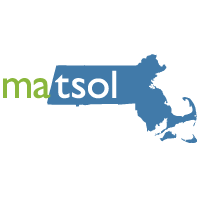
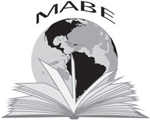
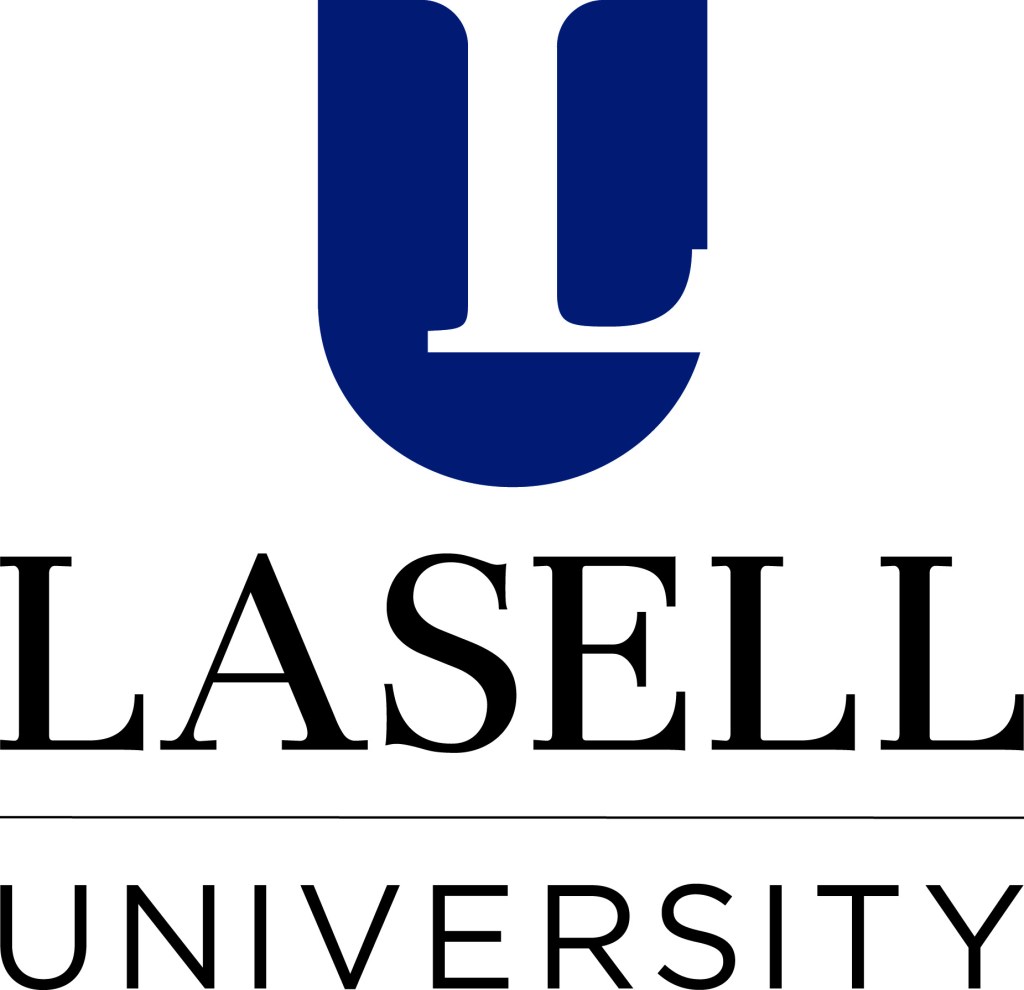
 With your support, the LOOK Act passed in 2017. This groundbreaking law:
With your support, the LOOK Act passed in 2017. This groundbreaking law: